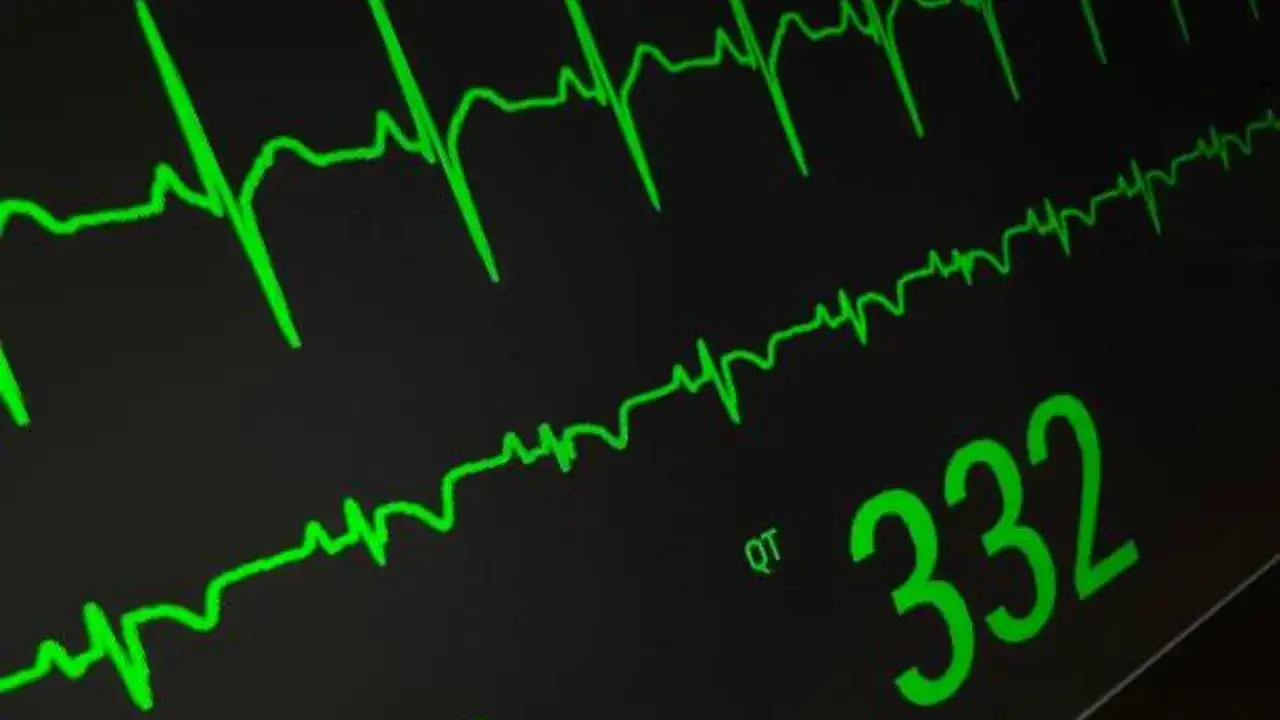
While heart rates can vary from person to person, certain heart rates can be considered dangerous
Your heart rate is the number of times your heart beats in a minute—while it may not stay the same due to changes in response to things like your activity level and emotional state—going high can be dangerous. According to doctors, your heart rate is often measured when you are at rest and relaxed—a condition known as your resting heart rate.
For adults, a typical resting heart rate is between 60 and 100 beats per minute (bpm). While heart rates can vary from person to person, certain heart rates can be considered dangerous. Doctors say a dangerous heart rate for an adult is above 100 bpm at rest or less than 60 bpm at rest. However, some people may also experience slight variations in these heart rates.
There are many factors that determine whether your heart rate is dangerous - like a person’s activity level, age, sex, and any underlying health problems.
What is a high heart rate?
Also known as tachycardia, a heart rate that is too high refers to a sustained heart rate above 100 bpm. Tachycardia is of different types:
Sinus tachycardia
It is a type that happens when the electrical impulses that stimulate your heartbeat become abnormally fast. These are controlled by the sinus - a small mass of tissue in the heart's upper right chamber that serves as the heart's pacemaker.
Supraventricular tachycardia
Atrial fibrillation, the most common type of irregular heart rhythm, is a type of supraventricular tachycardia.
Ventricular tachycardia
While it may not originate from the lower chambers of the heart, it is not exhaustive.
Doctors say if your heart rate is too fast, it can reduce your heart's ability to pump blood effectively throughout the body and can lead to other life-threatening health issues.
Symptoms of a high heart rate
In many cases, tachycardia does not cause any symptoms. However, when it does, it may lead to symptoms l
- Dizziness
- Fainting
- Pounding heartbeat
- Chest pain
- Breathlessness
- Palpitations
- Fatigue and tiredness
What causes a high heart rate?
While there are many causes of high heart rate, a few include:
- Anxiety
- Dehydration
- Illnesses and fevers
- Lack of sleep
- Infections
- Drug and caffeine use
- Certain medications like stimulants
- Medical conditions that affect your blood cells and nutrients
- High blood pressure
- Arrhythmias
- Sedentary lifestyle
- Obesity and being overweight
-
Sleep apnea
How to bring a high heart rate to normal?
According to doctors, many strategies can be adopted to bring down your high heart rate naturally. However, doctors also suggest getting a proper check-up done if you have an underlying health problem. You try to lower your heart rate by
- Relieve stress through yoga and meditation
-
Treat and manage the symptoms of anxiety
- Quit substances like tobacco and alcohol and limit the consumption of caffeine.
- Get to and stay at a weight that supports your health
- Make sleep a priority
-
Engage in physical activity as recommended by your provider to lower your resting heart rate.
Get Latest News Live on Times Now along with Breaking News and Top Headlines from Health and around the world.
